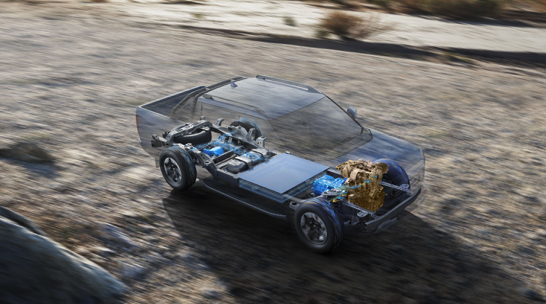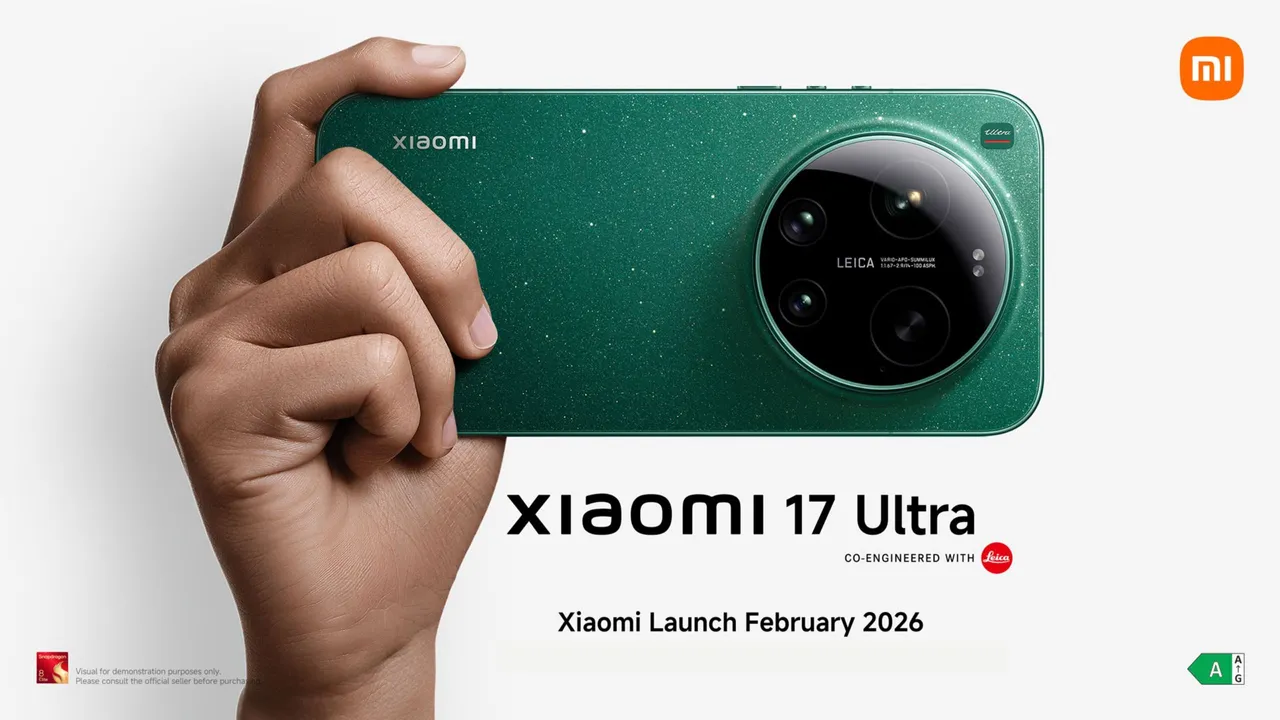BYD used its Super Hybrid Tech Day in Dubai this week to showcase a portfolio of technologies aimed at pushing the UAE’s shift toward electrified and more sustainable transport. The event, organized with distributor Al-Futtaim Electric Mobility, highlighted several of the company’s proprietary systems, including its Blade Battery, the DM-i hybrid platform, and a new off-road hybrid architecture.
The timing aligns with the UAE’s broader sustainability goals, such as the Net Zero 2050 initiative, as demand for alternatives to combustion-engine vehicles continues to grow. Lucas Bellieud, managing director at Al-Futtaim Electric Mobility, described the rollout as part of a wider strategy to embed electrification into everyday life in the Emirates, tying the effort to the country’s long-term economic and environmental agenda.
Among the most prominent features presented was the Blade Battery, BYD’s structural battery system that combines higher energy density with integrated safety functions. The technology allows the battery to act as part of the vehicle’s frame, strengthening the chassis while increasing range. Safety has been a recurring concern with EV adoption, and BYD’s approach is pitched as a way to reduce fire risk and improve durability.
The company also introduced the DMO Super Hybrid Off-Road Platform to the Middle East market, designed specifically for plug-in hybrid pickups and SUVs. The platform uses a non-load-bearing frame tailored for hybrid vehicles, along with a longitudinal EHS drive assembly and off-road hybrid architecture. BYD positions it as a system that balances off-road performance with efficiency, targeting drivers who want both rugged capability and lower fuel consumption.
The DM-i fourth-generation hybrid system was another focus. It combines a petrol engine with electric drive in a way that allows vehicles to start in EV mode, manage energy use dynamically, and recapture energy through regenerative braking. This kind of dual-mode system is increasingly common among automakers seeking to bridge the gap between conventional and fully electric drivetrains.
In addition, some BYD models feature Vehicle-to-Load (V2L) functionality, turning the car into a portable power supply for outdoor or emergency use. The company also emphasized its investment in AI and machine learning integration, with systems designed to adjust driving performance and optimize energy use in real time.
While BYD has become one of the world’s largest EV manufacturers by volume, its push in the UAE reflects how automakers see the region as a testing ground for advanced electrification strategies. However, widespread adoption will depend on factors beyond technology, including infrastructure development, consumer trust in long-term durability, and overall cost competitiveness.







